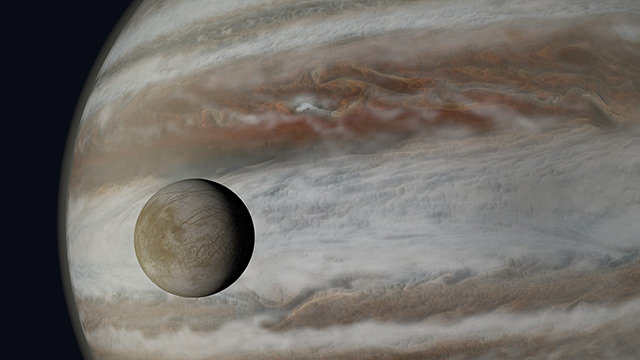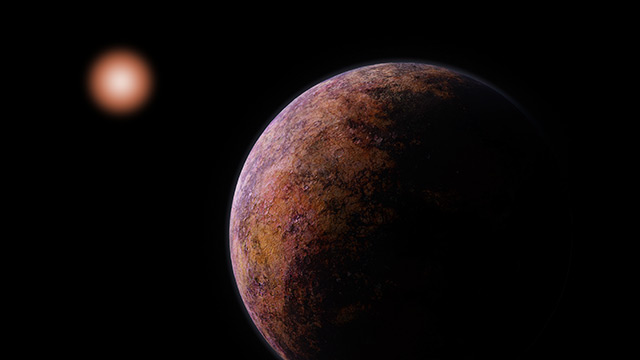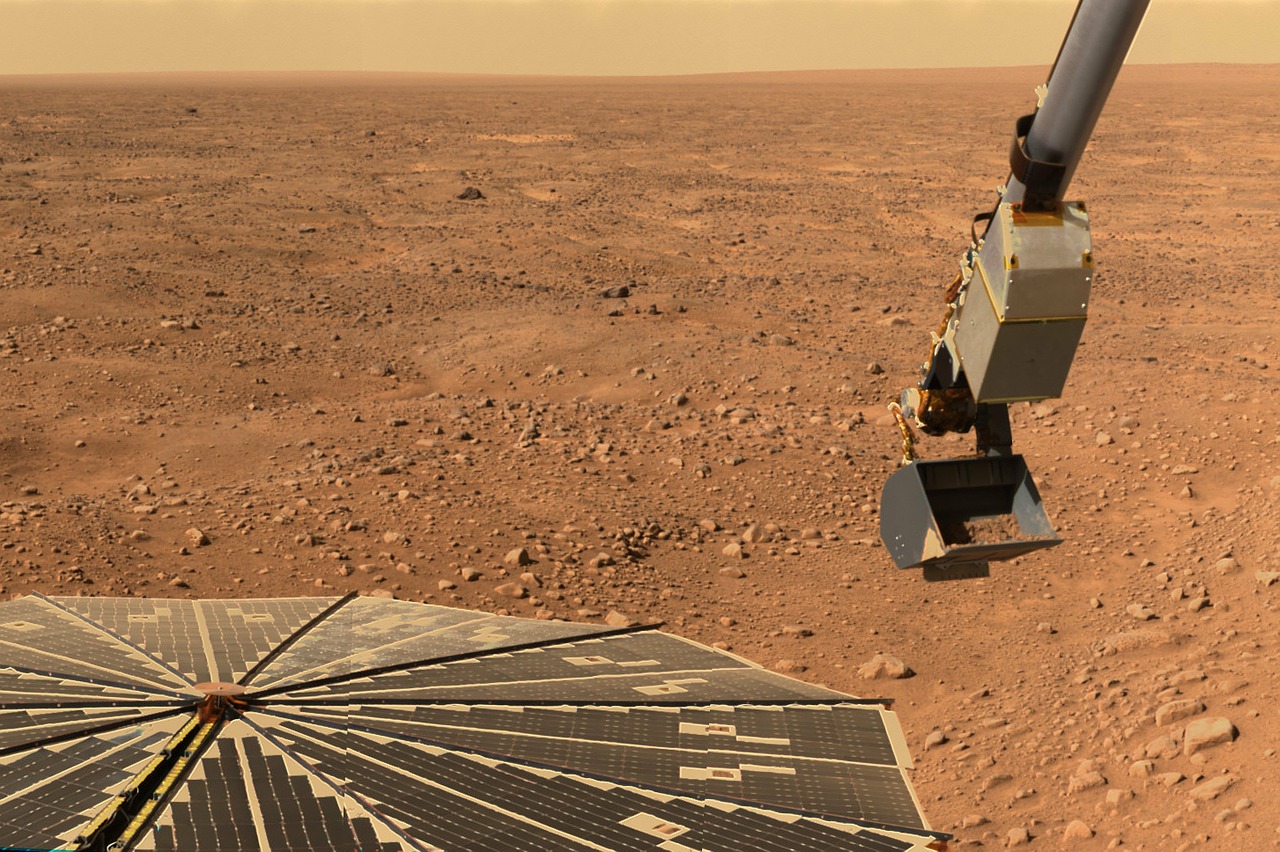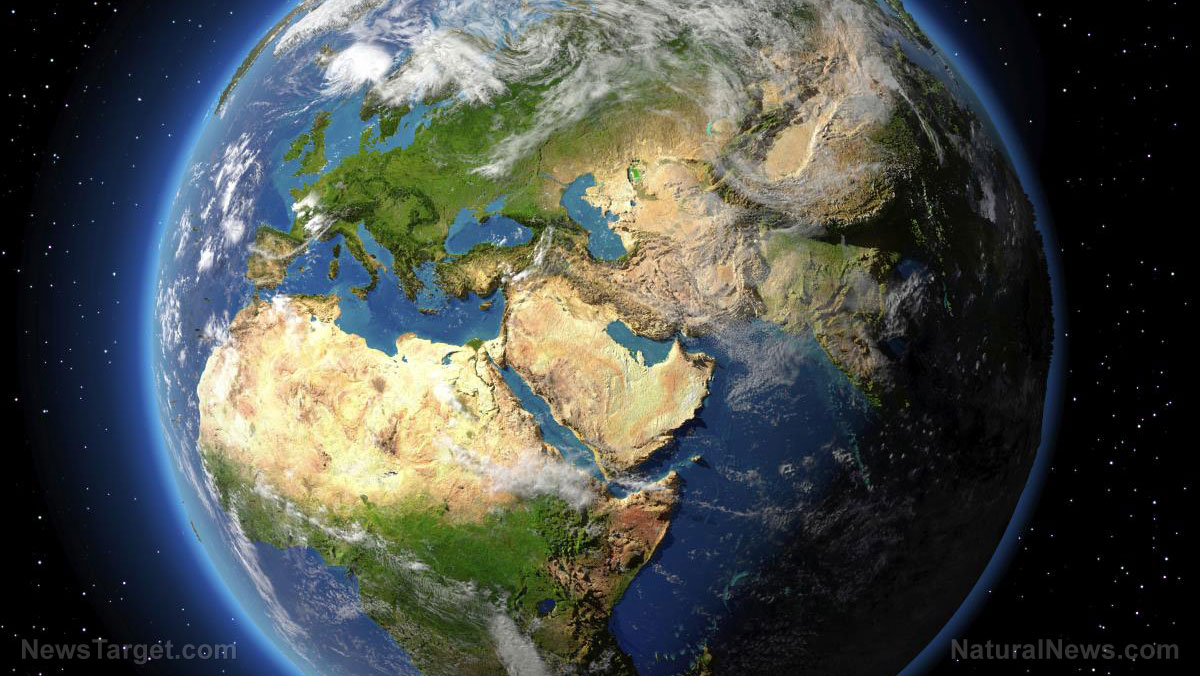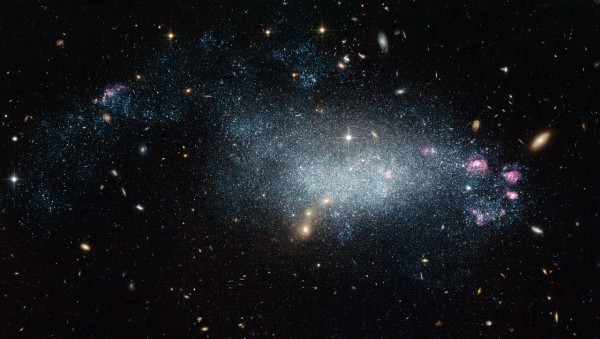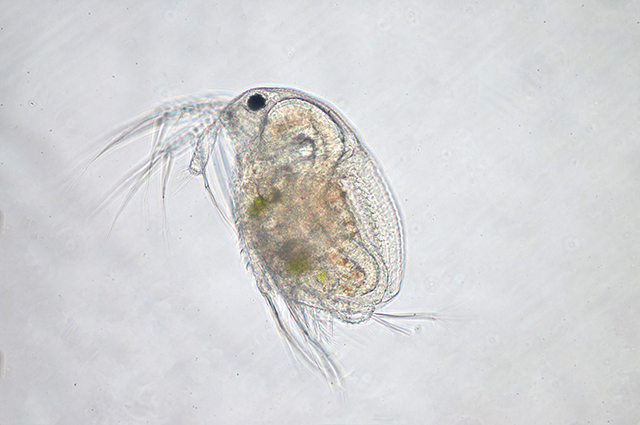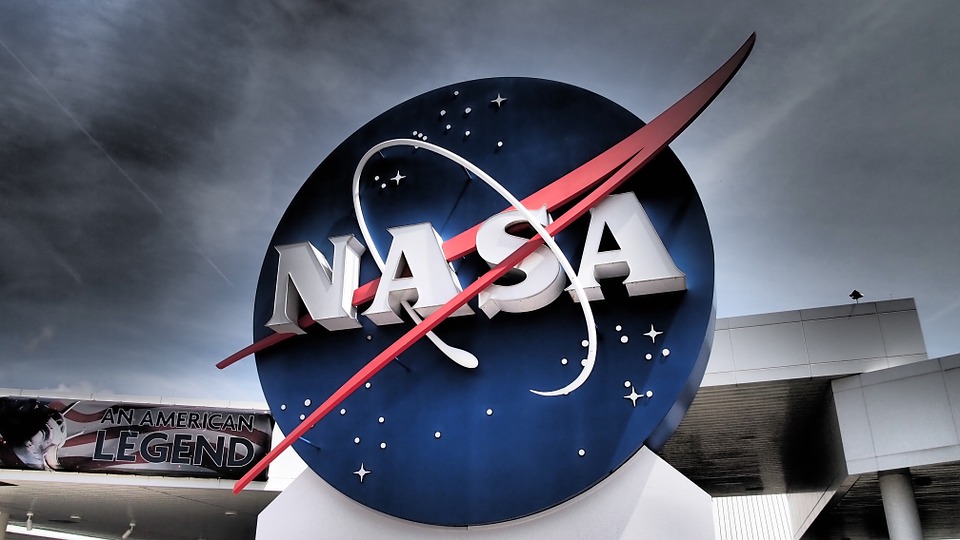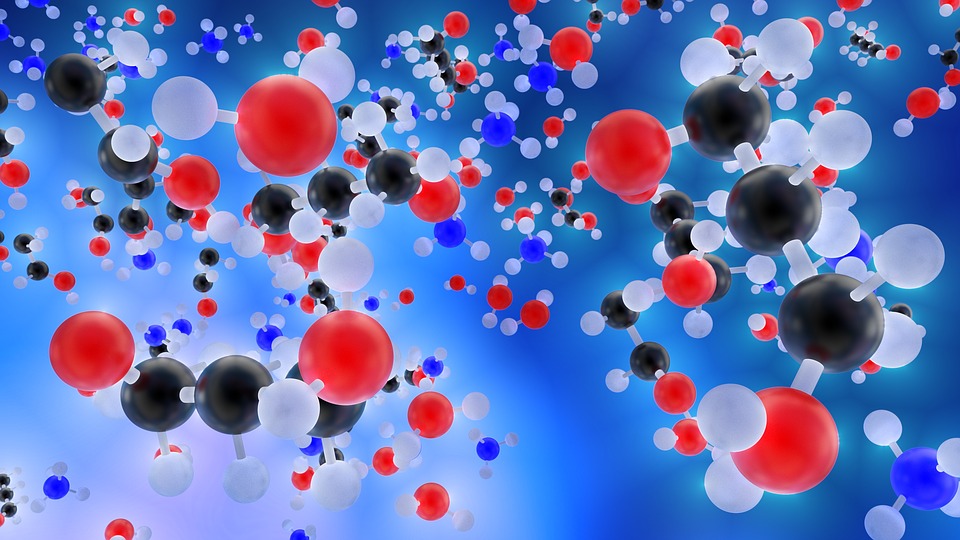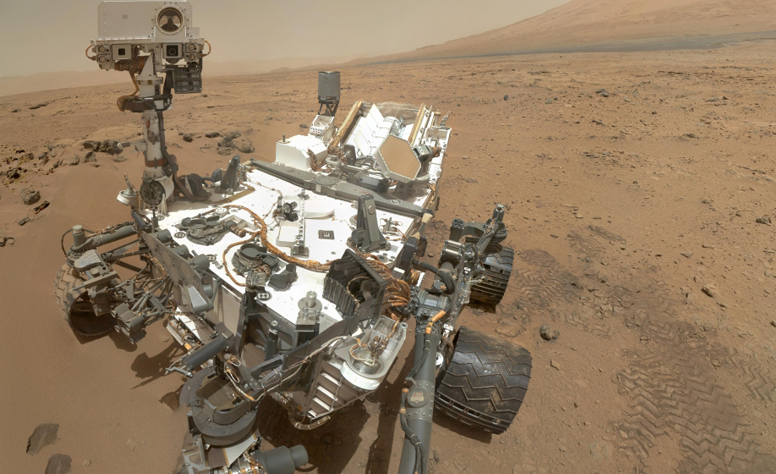The Curiosity Rover, deployed to Mars just a year ago, is bringing back new evidence of historic atmospheric upheaval on the red planet. NASA scientists hypothesize that volcanic eruptions or a massive collision stripped away the atmosphere of Mars about four billion years ago. According to new rock samples, that atmosphere was likely oxygen rich. The new-found observations of the Red Planet are now being used in comparison with Earth’s climate as the possibility of putting humans on Mars is discussed. Scientists also ponder Earth’s fragile atmospheric conditions, asking the question, “Is a disaster similar to the one being studied on Mars capable of wiping out Earth oxygen rich environment?”
Dr. Chris Webster at NASA’s Jet Propulsion Lab in Pasadena is leading a study that compares Mars’s climate with Earth’s.
The goal is to put explorers from Earth on the red planet. Dr Paul Mahaffy from Nasa’s Goddard Space Flight Center, believes further analysis is needed before human’s are allowed to visit Mars, as levels of atmospheric gases are further tested. “From a practical standpoint we need to know the composition of the atmosphere today, and how it is changing, so that we can prepare for the eventual arrival of human explorers,” said Dr. Mahaffy.
First measurements of gases on Mars
The first measurements of Mars’s atmosphere are now being studied. The new findings from the Curiosity Rover suggest that a host of gases exist in Mars’s atmosphere, including oxygen, carbon dioxide, carbon monoxide, nitrogen, and argon.
The journal Science already contains two published parallel studies detailing the state of Mars’s atmosphere for sustaining life, how the climate has changed over time, and how the planet once harbored an oxygen rich environment.
One of the studies, led by NASA’s Dr. Chris Webster, compares Mars’s rock crater data directly with Earth’s climate data.
The breakdown
Dr. Webster expounds, “As Mars became a planet and its magma solidified, catastrophic out-gassing occurred while volatiles were delivered by impact of comets and other small bodies.”
“Our Curiosity measurements are – for the first time – accurate enough to make direct comparisons with measurements done on Earth on meteorites using sophisticated large instrumentation that gives high accuracy results.”
As scientists compare the two parallel studies, it is the first time two separate studies utilizing different techniques have elicited the same composition results.
Mars once had an oxygen rich environment
And both results point out that Mars was once teaming with oxygen. Monica Grady, professor of planetary sciences at The Open University, wrote that, “These findings reverse the results from the Phoenix mission and clear up some confusion over the composition of the Martian atmosphere.”
NASA’s Spirit rover has recently brought back rock samples from Mars’s Gusev crater, showing five times as much nickel in their composition compared to meteorites that have fallen to Earth. The science behind the nickel-rich rocks point out that these rocks formed in an oxygen rich environment at least 3.7 billion years ago, while the meteorites that fell to Earth, which are dated between 180 million and 1.4 billion years old, did not.
Scientists conclude that Mars’s ancient oxygen-rich atmosphere thrived more than a billion years before Earth and they believe that a major event ripped apart the atmosphere about four billion years ago. By comparing ratios of argon gas on both Mars and Earth, scientists predict that a huge catastrophic event changed their relative amounts at similar times.
According to researchers, a likely event known as subduction occurred. The oxygen rich material on Mars’s surface might have been drawn into the planets interior and regurgitated to the surface as eruptions hexed the planet.
Now the question is being asked “Can the same demise that impacted Mars ultimately destroy the atmosphere of our planet Earth?”
Sources for this article include:
http://www.telegraph.co.uk
http://www.telegraph.co.uk
http://www.telegraph.co.uk




